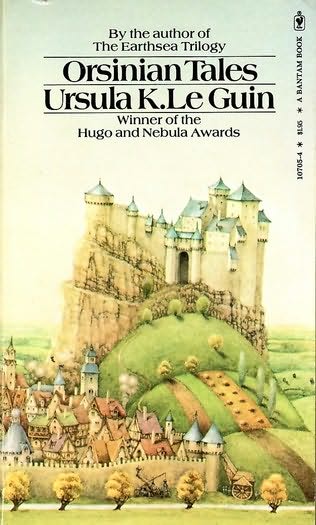Recommended by Wilma Feliciano, Professor of Spanish
Call Number: PQ7298.15.S638 C66 1993
Set during the Mexican Revolution, Tita, the protagonist, starts a revolution for women's rights from the kitchen, heart and soul of the family. Her culinary wizardry unleashes uncontrollable forces with a mix of magical realism and quixotic characters. Intoxicating flavors of fantastic lust, grief, jealousy and passion permeate this sensual fanciful, earthy and sublime story that decries the limited options open to Mexican women. Poignant conclusion: Tita breaks tradition for herself and future generations with an ironic weapon: dishes that are sensual, ancestral and explosive.


